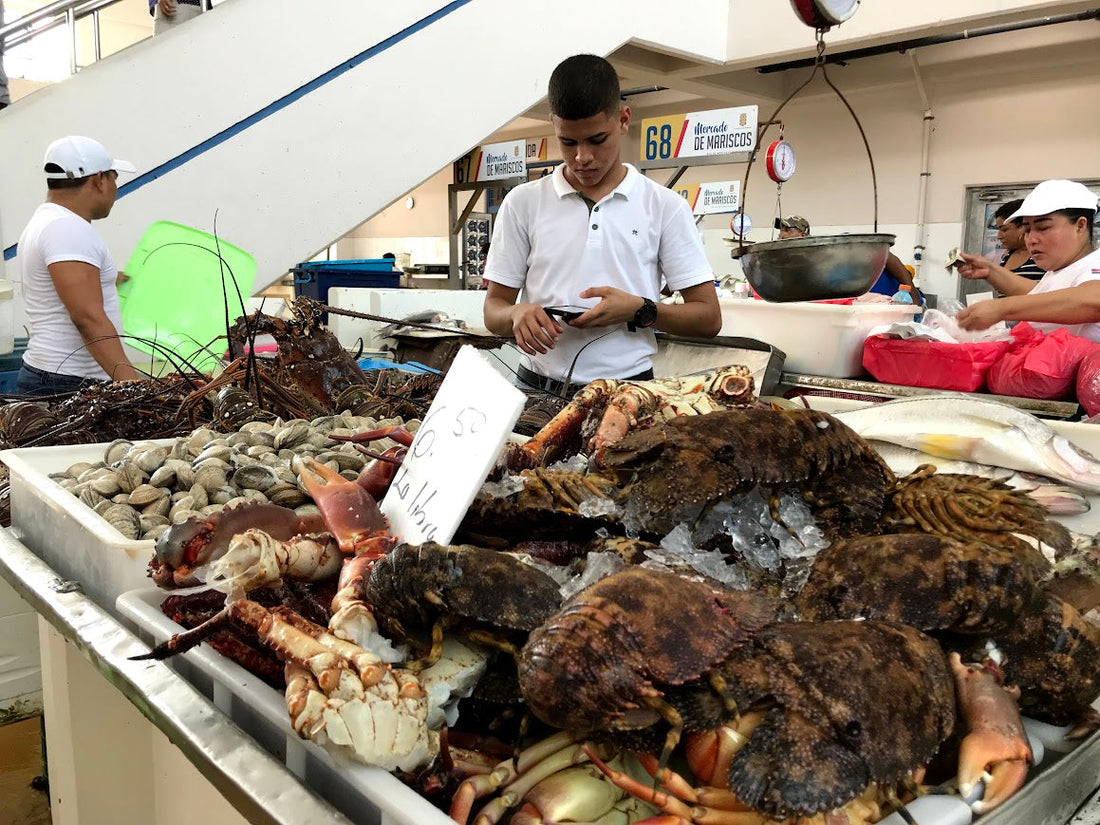
The Gringo Price
Share
You heard about it before you even set foot in Panama: The Gringo Price. Expats often complain about ‘gringo prices’ or the ‘gringo tax’, a phenomenon where North Americans are quoted higher prices than Panamanians. But is this actually a thing?
Well, no. Not really. I’ve never paid a ‘gringo price’. The closest thing I’ve experienced would be the fares quoted by taxi drivers. But if you think they’re just out to rip off foreigners then, well, you don’t know much about Panamanian taxi drivers. (There's a reason inDrive is so popular.)
So, if it’s not really a thing, then why do so many people talk about it? I believe that it’s a combination of three things: regret, fear mongering, and cultural misunderstandings.
If you believe that you paid a ‘gringo price’, then, for that to have happened, a Panamanian convinced you to willingly give them your money, only for you to regret it later. Now, sometimes, with time, people come to feel bested in a deal, and, sometimes, this is truly the case. For example, if the car you sell me turns out to be a lemon. Other times, well, maybe it's more subjective or nuanced. For example, maybe I find the same product you sold me later at a cheaper price. The point is, no one wants to feel stupid or taken advantage of, so it's easier to blame ‘gringo prices’ or ‘gringo taxes’ for your having spent more money than perhaps you should have. Regret for having paid $7 for a coconut at the Ocean Club pool twists into a mistrust of Panamanians, not the Cypriot who owns the building or the American chain that runs the hotel. The truth is, of course, that most of the people who stay there are either on vacation or here on business and aren’t counting their pennies and the J.W. Marriott brass in Maryland knows that.
There are also quite a few Americans who’ll tell you all about the horrible, dreadful, terrible, no good things that they’ve seen the shifty Panamanians do to your fellow expats. But not to worry! As long as you stick with them and buy their book and only deal with people who’ve paid them to be listed between those pages, well, by golly you’ll be just fine. This is, of course, just good old fashioned fear mongering and a great way to make a quick buck off of the greenhorns. Whole empires have been built in this manner. The key is to recognize the grift before you become ensnared by it.
So regret and fear mongering are factors, but, if you’ll consider my humble opinion, here’s what I think happens most of the time: When was the last time you haggled for anything in Pennsylvania? You, as a North American, are used to paying the price on that price tag. What most expats don’t realize is that here in Panama, the price isn’t always the price. You’re supposed to haggle. I’ve haggled for shoes, televisions, dishwashers, cars, fruits, vegetables, clothes, and a thousand other things besides. I paid $800 for a television listed at $1,200. In Panafoto. I got $10 knocked off the price of my $249 dishwasher at Do it Center. The point being, I think what most people write off as ‘gringo prices’ or ‘gringo tax’ is actually a cultural misunderstanding. In this example, not haggling when you should. We offer a haggling service to help you with big purchases for this very reason.
Now, this misunderstanding can work in other ways as well. For example, many, if not all, banks have a mandatory life insurance policy that clients are automatically enrolled in, but can opt out of at a later date. Usually after a year or six months. Most expats are unaware of this policy and its associated monthly fee and feel that they’re being swindled by an unscrupulous bank employee, when, in reality, we all are. The policy is, if I may be so blunt, stupid and predatory, but it’s not only you that they’re taking advantage of.
So, to sum everything up, ‘gringo prices’ aren’t what you think they are, and can, the way I see it, be better understood as an explanation for regret, fear mongering, or cultural misunderstandings, with cultural misunderstandings accounting for most of it.
My advice is to stay positive and try to view people as mostly good. In my experience, they mostly are.
